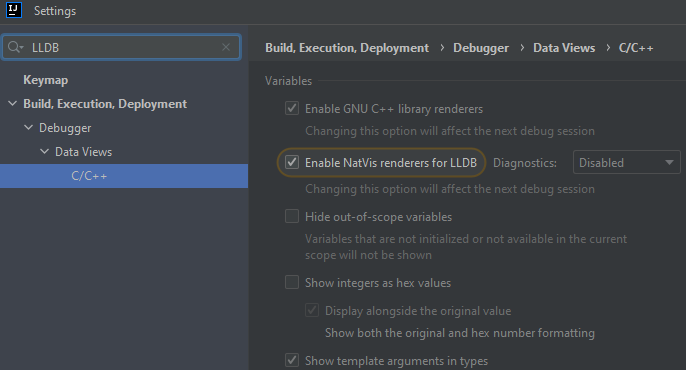When running the program in chapter 8, “Implementing Combat”, the printout Health before attack was never printed so I assumed something was wrong in the call chain.
How would I go about debugging this call chain (ecs.entry_mut(*victim).unwrap()...)?
#[system]
#[read_component(WantsToAttack)]
#[read_component(Health)]
pub fn combat(ecs: &mut SubWorld, commands: &mut CommandBuffer) {
...
victims.iter().for_each(|(message, victim)| {
if let Ok(mut health) = ecs
.entry_mut(*victim)
.unwrap()
.get_component_mut::<Health>()
{
println!("Health before attack: {}", health.current);
...
}
commands.remove(*message);
});
}
After some comparing of source code, I found out that I had actually written read_component(Health) instead of write_component(Health).
#[system]
#[read_component(WantsToAttack)]
#[write_component(Health)]
pub fn combat(ecs: &mut SubWorld, commands: &mut CommandBuffer) {
...
}
This is my first encounter with Rust but I was surprised that this error slipped by the compiler. I expected similar error as if I hade left out some mut…

